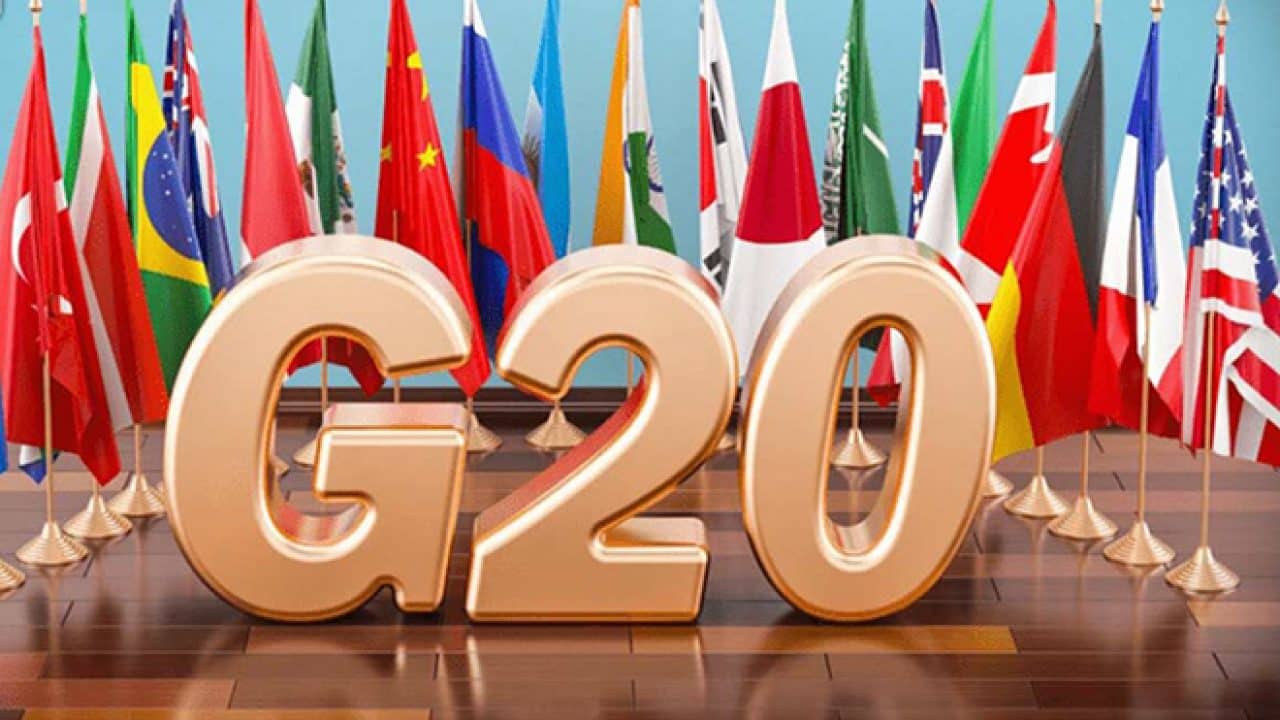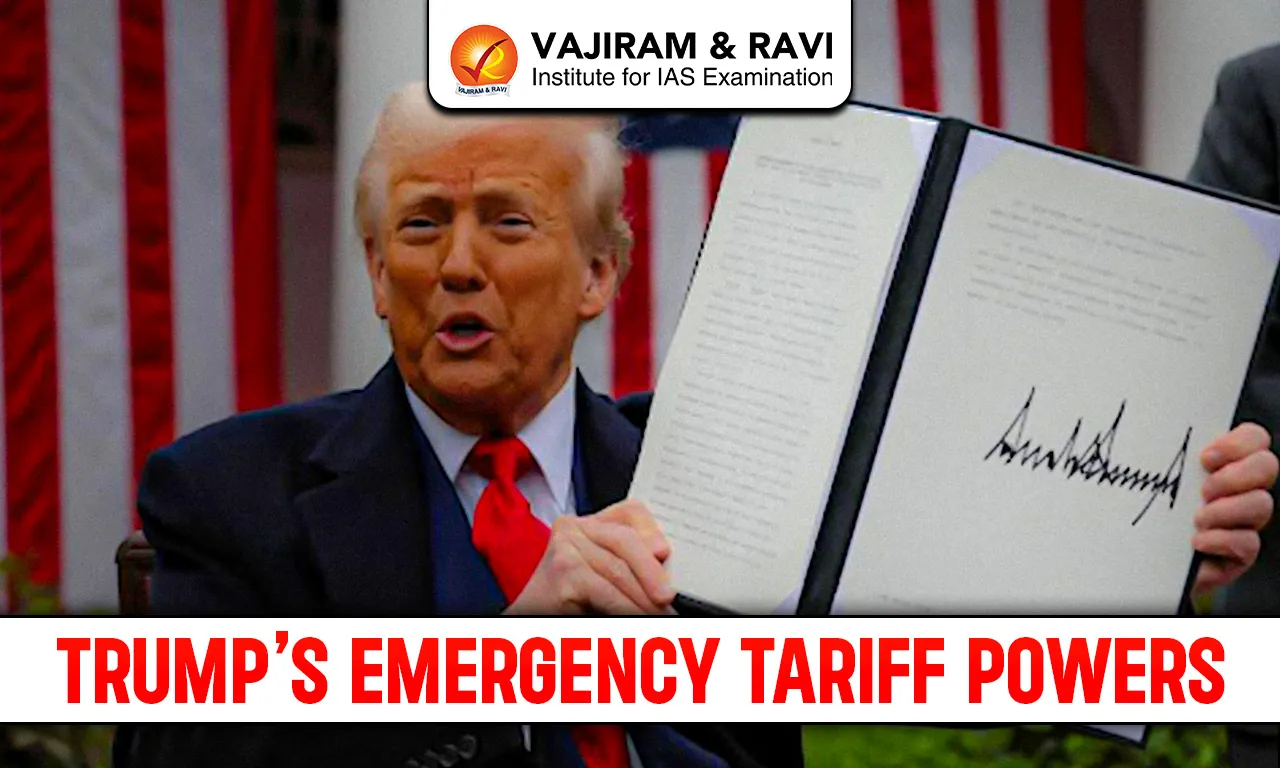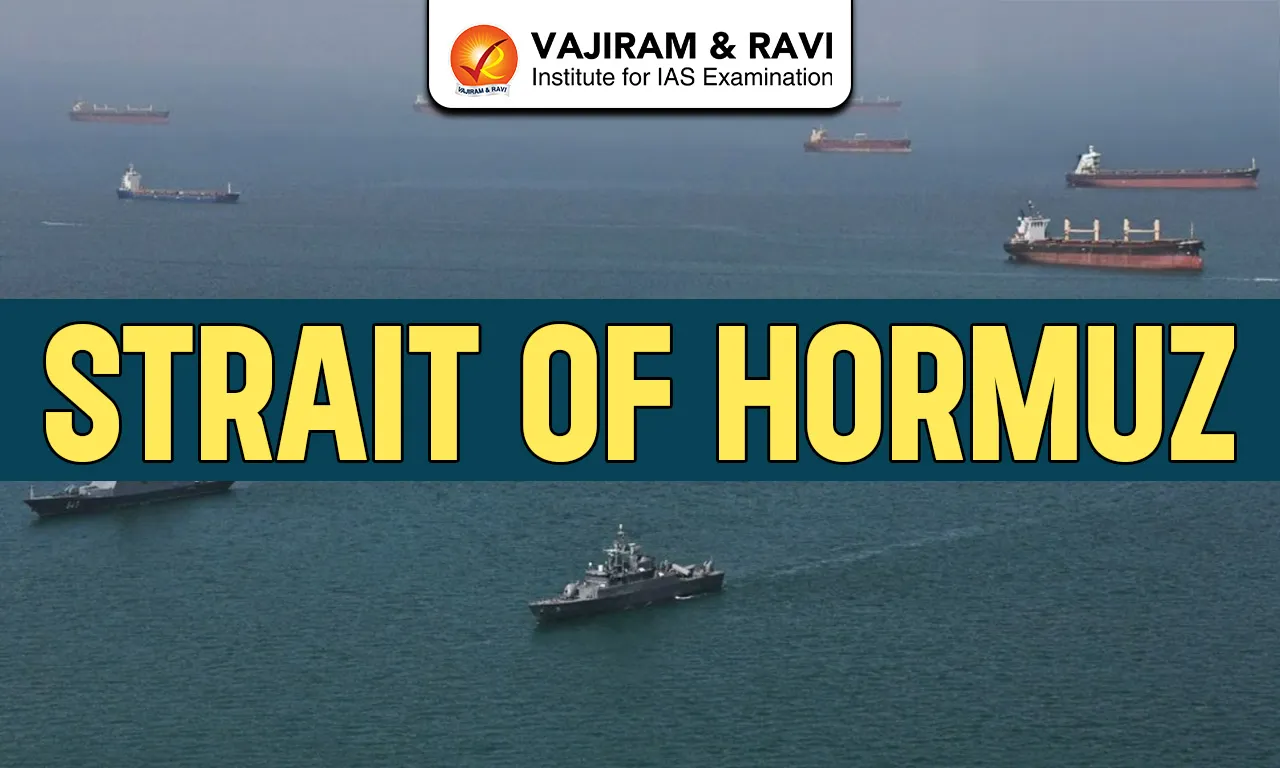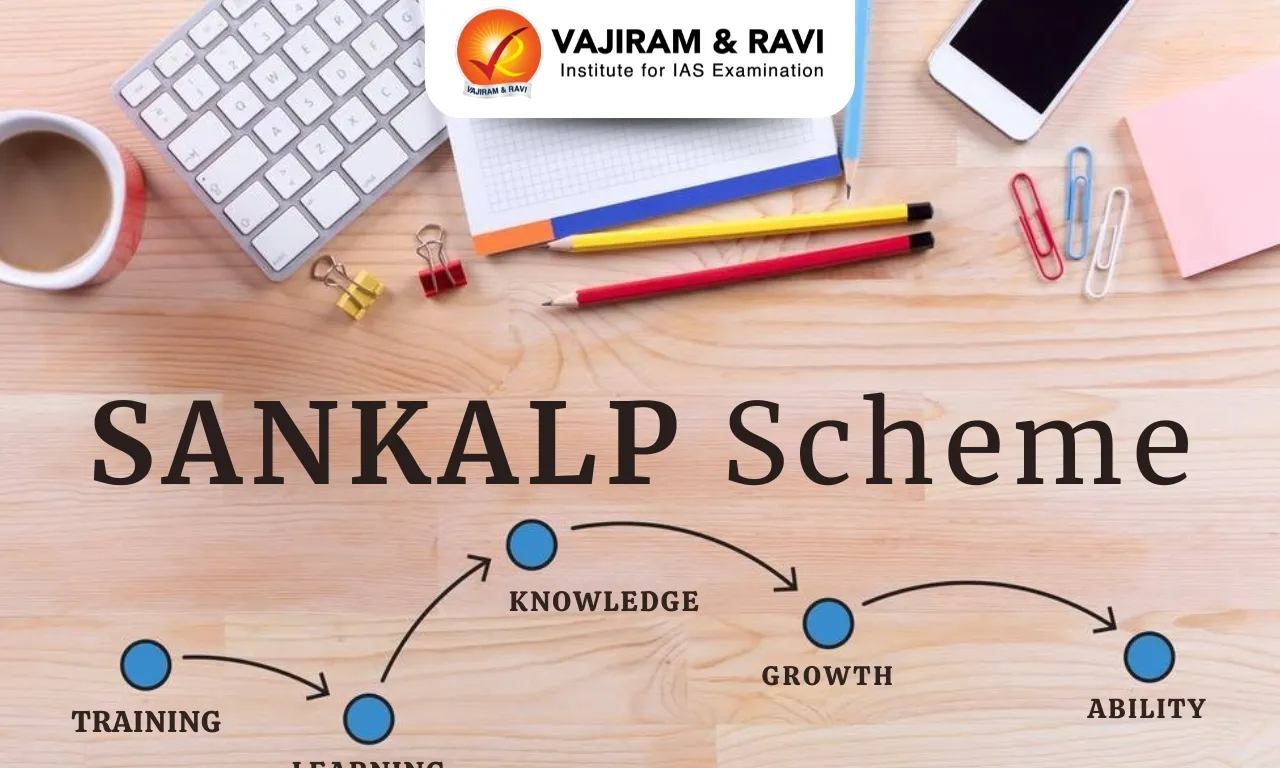What’s in today’s article:
- G20 Bali Declaration
- Modi’s address at the G-20 Summit in Bali, Session III: Digital Transformation
Why in News:
- The G20 Bali Declaration was finally adopted by consensus even though it failed to gloss over serious differences over Ukraine.
G20 Bali Declaration: Key Highlights
- On the Russia-Ukraine
- The declaration acknowledged differences among members on the Russia-Ukraine war but stressed that it was essential to adhere to international law, including protection of civilians caught in conflicts.
- Most members strongly condemned the war in Ukraine, but the declaration noted that there were other views and assessments of the situation.
- It also said that the threat of use of nuclear weapons is inadmissible.
- The declaration acknowledged differences among members on the Russia-Ukraine war but stressed that it was essential to adhere to international law, including protection of civilians caught in conflicts.
- Welcomed the Turkey and UN-brokered Black Sea Grain Initiative
- that secured a Russia Guarantee to allow the export of Ukrainian grain.
- Other issues covered
- The declaration covered a range of issues, from climate change to corruption, and from Covid vaccination to imparting computer skills to women.
- The declaration recognised that G20 is not the forum to resolve security issues
- However, it agreed that security issues can have significant consequences for the global economy.
India emerged as leader, consensus builder
- Declaration Strengthened India’s position on the following since the beginning of the war
- respect for UN charter,
- advocating diplomacy and dialogue,
- need for peace and stability,
- against the use and threat of use of nuclear weapons.
- Declaration echoed PM Modi’s remark
- The declaration proclaimed “today’s era must not be of war”, echoing PM Modi’s remarks before President Putin on the sidelines of the SCO summit in September.
- It strongly endorsed PM Modi’s emphasis on three key points: threat of use of nuclear weapons is inadmissible, diplomacy and dialogue and today’s era must not be of war.
- India acted as consensus builder
- India has emerged as a leader, solution provider and consensus builder through its positive and constructive approach in framing the G20 communique.
- India played a key and critical role in bringing consensus amongst countries after all meetings round the year failed and there was total deadlock.
- India worked in partnership with all developing countries and emerging markets to draft the final statement and the preamble to the statement.
- India made sure that the country’s viewpoints are prominently reflected in the statement.
- India has emerged as a leader, solution provider and consensus builder through its positive and constructive approach in framing the G20 communique.
- India also managed to get important references in the communique on:
- sustainable development and lifestyles,
- new quantified goals for climate finance post 2025,
- additional finance by multilateral development banks for sustainable development goals (SDGs),
- multilateral reforms aimed at implementing the 2030 agenda,
- seamless and interoperable international travel.
Modi’s address at the G-20 Summit in Bali, Session III: Digital Transformation
- Addressing a G20 meeting on digital transformation, PM Modi called for digital access that is truly inclusive.
- He said that it is the responsibility of G20 leaders to ensure that the benefits of digital transformation are not confined to a small part of the human race.
- He also sought a pledge by G20 leaders to work for bringing digital transformation into the life of every human being in the next 10 years.
- He said that the principle of “data for development” will be an integral part of overall theme of India’s upcoming G20 presidency.
- Highlighted India’s own digital transformation
- India has developed digital public goods whose basic architecture has in-built democratic principles.
- Over 40% of the world’s real-time payment transactions took place through UPI last year.
- India opened 460 million new bank accounts on the basis of digital identity, making India a global leader in financial inclusion today.
Last updated on February, 2026
→ UPSC Notification 2026 is now out on the official website at upsconline.nic.in.
→ UPSC IFoS Notification 2026 is now out on the official website at upsconline.nic.in.
→ UPSC Calendar 2026 has been released.
→ UPSC Final Result 2025 is expected to be released in the second week of April 2026.
→ Check out the latest UPSC Syllabus 2026 here.
→ Join Vajiram & Ravi’s Interview Guidance Programme for expert help to crack your final UPSC stage.
→ UPSC Mains Result 2025 is now out.
→ UPSC Prelims 2026 will be conducted on 24th May, 2026 & UPSC Mains 2026 will be conducted on 21st August 2026.
→ The UPSC Selection Process is of 3 stages-Prelims, Mains and Interview.
→ Prepare effectively with Vajiram & Ravi’s UPSC Prelims Test Series 2026 featuring full-length mock tests, detailed solutions, and performance analysis.
→ Enroll in Vajiram & Ravi’s UPSC Mains Test Series 2026 for structured answer writing practice, expert evaluation, and exam-oriented feedback.
→ Join Vajiram & Ravi’s Best UPSC Mentorship Program for personalized guidance, strategy planning, and one-to-one support from experienced mentors.
→ Check UPSC Marksheet 2024 Here.
→ UPSC Toppers List 2024 is released now. Shakti Dubey is UPSC AIR 1 2024 Topper.
→ Also check Best UPSC Coaching in India




















